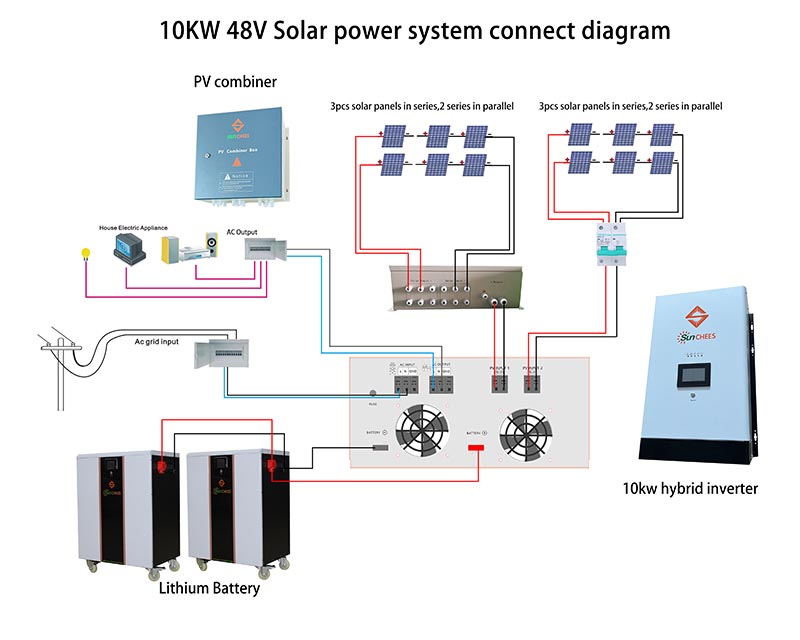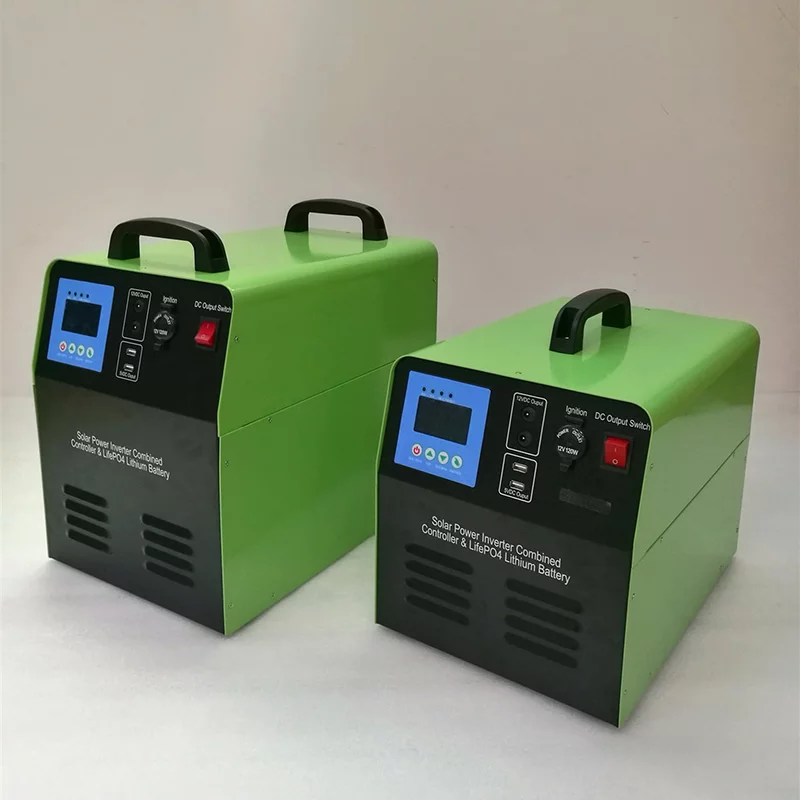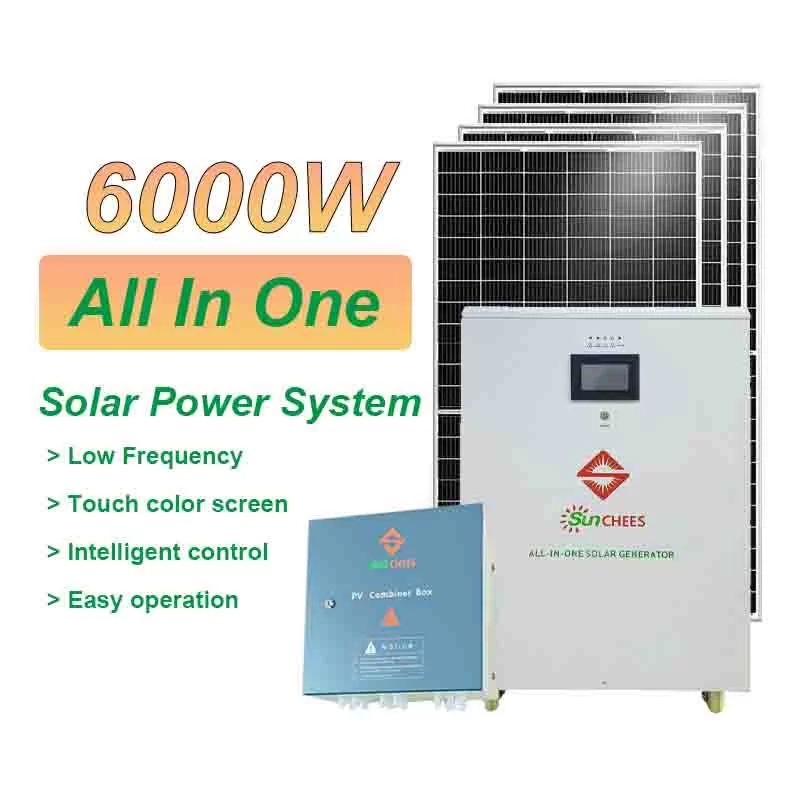Solar Energy Storage Products for Africa
 Jun 05,2025
Jun 05,2025

 sunchees solar system
sunchees solar system
Solar Energy Storage Products for Africa
Why solar energy storage systems are suitable for Africa?
The serious effects of load shedding include vaccines in the fridge losing their effectiveness. Surgeons interrupt hospital surgeries, and respirators stop working. Schools cannot light up classrooms for teaching. The halt in industrial production leads to economic losses.
* Remote communities experience total darkness. Solar energy storage products may become a lifeline for Africa. These systems can store energy from solar panels during the day. You can use this energy at night or on cloudy days. It provides a reliable power source when regular solar energy methods are less effective.
For example, solar panels usually make electricity during the day when there is plenty of sunlight. However, energy storage technologies, like batteries, are important for saving extra energy made during sunny times. This accumulated energy can be harnessed during nighttime or on overcast days when solar energy is not accessible.

Also, the ability to use stored energy during these times ensures a steady power supply. This is especially important for homes and businesses that depend on electricity for daily activities. This capability enhances energy resilience and reduces dependence on fossil fuels, contributing to a more sustainable energy future.
Also, new energy management systems help users use energy better. They ensure that stored energy uses itself efficiently.
By using smart technology, users can track their energy use. They can change their consumption based on stored energy. This helps them make the most of stored power when solar generation is low.
In summary, using stored energy at night or on cloudy days improves energy reliability and sustainability. It also opens new energy solutions that can adjust to different environmental conditions. This approach empowers consumers to take control of their energy needs while contributing to a greener planet... This capability is especially crucial in regions where electricity supply is unreliable or nonexistent.
By harnessing solar energy, communities can power essential services like hospitals, schools, and businesses. For instance, medical facilities can keep vaccines and other critical supplies at the right temperatures, ensuring they remain effective. Surgeons can do operations without worrying about sudden power cuts. Teachers can light up classrooms, so students can learn even after dark.
Moreover, solar energy storage can help stabilize local economies. Industries can maintain production levels without interruptions, reducing economic losses and creating jobs.
Off-grid communities often face total darkness after sunset. They can greatly benefit from reliable solar power. This power improves their quality of life and allows them to do activities after dark.
In addition to these immediate benefits, investing in solar energy storage can also contribute to long-term sustainability. It reduces reliance on fossil fuels, lowers greenhouse gas emissions, and promotes energy independence. More African nations are using renewable energy. Solar storage solutions can help change the continent's energy landscape.
In conclusion, Solar energy storage products hold great promise for Africa. They can address critical challenges posed by unreliable electricity supply, enhance healthcare and education, boost economic growth, and promote environmental sustainability. By investing in these technologies, Africa can pave the way for a brighter, more resilient future.
They rely on costly and unsafe kerosene lamps, candles, or diesel generators. This limits children's study time and raises the risk of respiratory diseases. It also hinders economic activities.
* High energy costs: fuel expenses for diesel generators consume household budgets and commercial profits.
The lack of reliable, affordable, and sustainable electricity is a critical bottleneck hindering Africa's health, education, economy, and development. Not merely an inconvenience, but a significant issue concerning survival and development.
Now The Solution - Solar + Storage can save their life
Solar energy storage system with : solar panel + pv combiner + MPPT solar inverter with controller + lithium battery combinations a system
How to working :
When sunlight is strong, people use solar power generator system for electricity during the day. Solar panels make electricity, which goes directly to the load through an inverter. They utilize excess electricity to charge the energy storage batteries.
When sunlight is low, like at night or on cloudy days, energy storage batteries provide power. If solar power is not enough, the batteries discharge. They provide electricity to the load via an inverter.
Why Solar Energy Storage is a 'Lifesaver'
- Reliability: Provides 24/7 continuous power, safeguarding against grid failures and outages.
- Resilience: Strengthens communities and institutions to better handle energy shortages or disasters.
- Affordable (Long-term): While requiring initial investment, significantly reduces long-term energy costs (compared to diesel), destroy fuel expenses and maintenance costs.
- Persistence: Zero emissions, reducing air pollution and reliance on fossil fuels, supporting climate goals.
- Independence: Reduces reliance on unstable national grids or fuel supply chains, especially critical for remote areas.
- Scalable: Solutions range from small household systems to community microgrids, offering flexibility for various needs.
How to Save Lives and Improve Lives
Healthcare:
- Ensure clinics and hospitals have stable electricity. This keeps vaccines cold and powers surgical lights and medical equipment like ventilators and dialysis machines. It also supports emergency services at night. (Keywords: Solar for clinics Africa, Solar vaccine fridge)
- Reduce maternal and neonatal mortality: Ensure delivery room lighting and power for essential equipment.
Education:
- Provide lighting for schools: Extend study time (evening study sessions), support electrical teaching equipment, computers, and internet access. (Keywords: Solar for schools Africa)
- Students can study safely at home with lamps, replacing harmful kerosene lamps.
Economy & Livelihoods:
- Provide reliable power for small and medium businesses (SMEs).
- This keeps production running.
- It also operates refrigeration for food and agriculture.
- Additionally, it supports lighting and POS machines in retail stores. (Keywords: Solar for business Africa)
- Empower households: Lighting, mobile phone charging, fans/small appliances, TV/radio (access to information), and safety (night lighting). Significantly improve quality of life and safety.
- Support agriculture: Solar-powered water pumps for irrigation and cold storage for agricultural products.
- Drive communication: Power mobile signal towers and community WiFi hotspots.
- Safety & Resilience: Street lighting and emergency communication support.
Addressing Concerns & Opportunities
- Initial Costs: The first investment has a significant challenge. This includes short-term USD funding, not enough money, bank loans, and other problems.
- Technical knowledge and maintenance: Electricians in Africa still generally lack knowledge, and installation and maintenance require training
- Supply Chain and Policy: The supply chain still needs to be intact, reduce tariff policies
Positive Trends and Opportunities
- Costs Continue to Decline: Long-term downward trend in solar panel and battery prices.
- Innovative Financing Models: PAYG (Pay-As-You-Go) significantly enhances accessibility.
- Localized Production and Services: Creating local job opportunities (installation, maintenance, sales).
- Technological Advancements: Extended battery life, improved efficiency, and smarter energy management systems emerge.
- Increased Policy Support: More African countries incorporate renewable energy (including storage) into national development plans.
Call to Action & Conclusion
Solar energy and storage are not just technical solutions. They are powerful tools for tackling Africa's biggest challenges. These challenges include health, education, poverty, and resilience. Solar energy can truly be a "Lifesaver."
Call to Action:
- Individuals/Communities: Understand the solutions and seek reliable suppliers and financing channels.
- Businesses and Institutions: Invest in your own solar storage systems to enhance operational resilience and sustainability.
- Governments: Develop supportive policy frameworks, provide subsidies or tax incentives, and invest in grid modernization and microgrid development.
- Investors and Developers: Increase investment in and technical support for solar storage projects in Africa.
- International Community: Provide funding, technical assistance, and capacity-building support.
Solar energy storage can help Africa achieve reliable energy supply. It can support a stronger economy, better social services, and a healthier environment.




 Home
Home Best 10000 Watt Solar Generator: Complete Guide for Home, Shed, and Off-Grid Living
Best 10000 Watt Solar Generator: Complete Guide for Home, Shed, and Off-Grid Living  You May Also Like
You May Also Like






 Tel
Tel
 Email
Email
 Address
Address















